The Karger Medal
About the Karger Medal
Established by the Barnett Institute of Chemical & Biological Analysis at Northeastern University in honor of its founding director, Dr. Barry L. Karger, the Medal is an annual award recognizing an individual who has significantly contributed to the development of new bioanalytical methods and high impact in the life sciences.
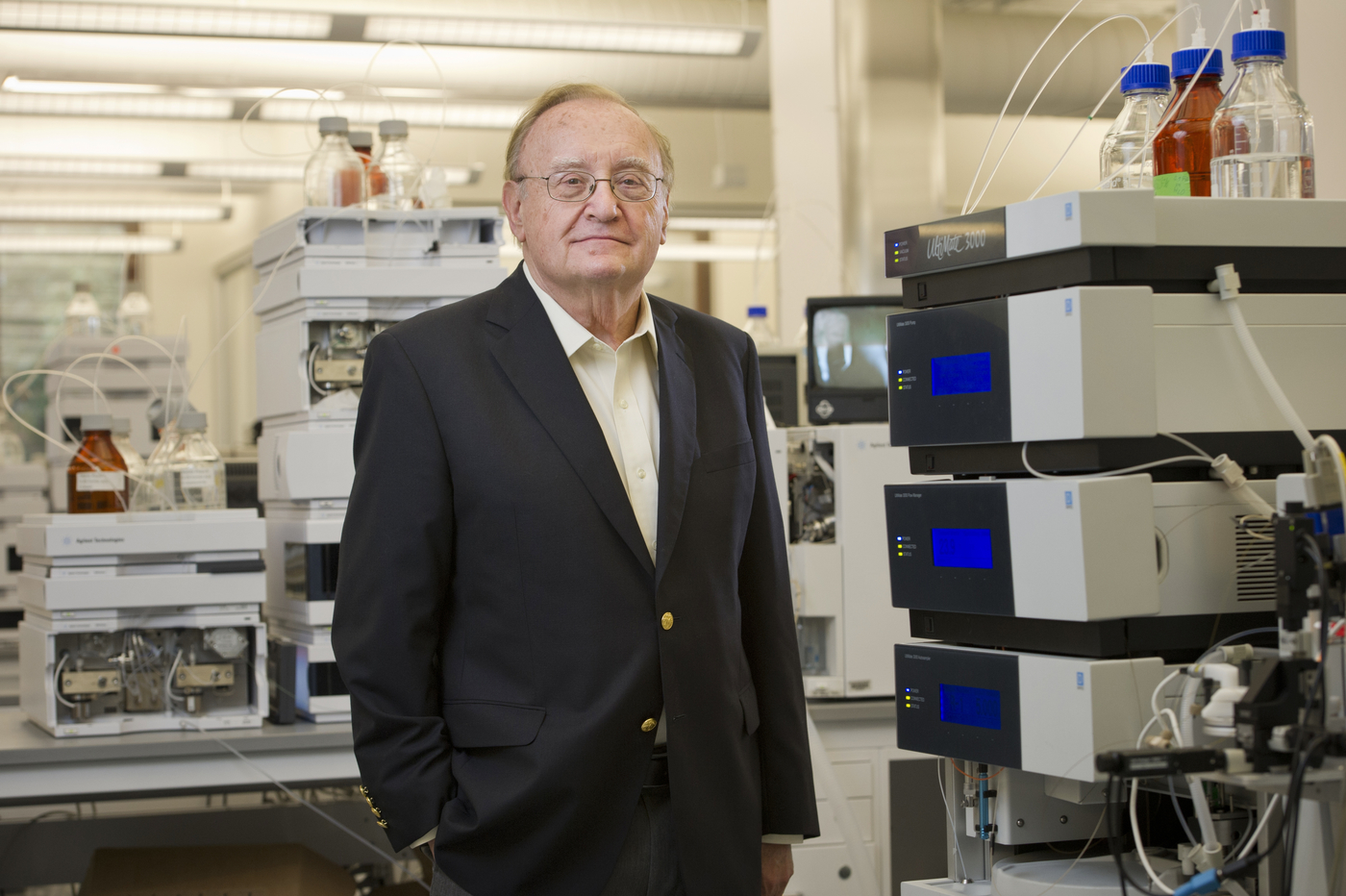
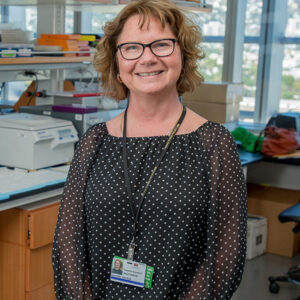
2024 Karger Medal Recipient
Jennifer Van Eyk, PhD
Professor and Director, Basic Science Research in the Barbra Streisand Women’s Heart Center Cardiology, Cedars-Sinai
Dr. Van Eyk was awarded the Karger Medal for outstanding contributions of clinically robust experimental workflows, and of understanding of the molecular mechanism underlying diseases and treatment therapies.
Past Recipients and Lectures
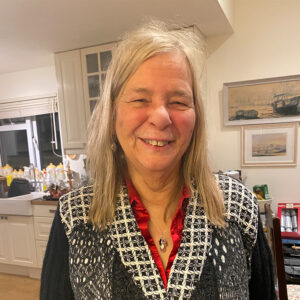
Dr. Pauline Rudd
Emeritus Fellow the Conway Institute and Visiting Investigator
Bioprocessing Technology Institute, AStar, Singapore
Lecture: Advances in Glycomics and its Critical Role In Systems Biology
Prof Rudd is a Research Professor of Glycobiology at University College Dublin. She heads the GlycoSciences Research Group at the National Institute for BioProcessing Research and Training in Ireland (NIBRT) where she is a PI and consultant. She has more than 280 scientific publications and has given over 350 lectures and seminars at international meetings. Before moving her group to Dublin in 2006, Professor Rudd was a member of the Oxford Glycobiology Institute for 25 years, where she was a Senior Research Fellow and a University Reader in Glycobiology at the University of Oxford.
Professor Rudd obtained a BSc in Chemistry at the University of London and a PhD in Glycobiology at the Open University, UK. She was a Founding Scientist of Wessex Biochemicals (later Sigma London), Visiting Research Associate at The Scripps Research Institute, CA, Visiting Professor of Biochemistry at Shanghai Medical University PRC, Visiting Scientist at Ben Gurion University of the Negev, Israel and an Erskine Visiting Fellow, Canterbury University, Christchurch, New Zealand. She is a Fellow of the Royal Society of Medicine, London, visiting Professor at St. George’s Hospital, London and an Adjunct Professor at North Eastern University, Boston, NUI Galway, Trinity College Dublin and at University College, Dublin. She is a VI at BTI, AStar, Singapore. In 2014 she was awarded an Honorary Doctorate at Gothenburg University, Sweden.
In addition to her basic research interests, she has many links with pharmaceutical companies across the world because GlycoScience is a major area of specialised expertise required to ensure the safety and efficacy of biotherapeutic drugs, such as monoclonal antibodies for cancer and autoimmune disorders. In 2010 Prof Rudd was awarded the James Gregory Medal and an Agilent Thought Leader award and in 2012 she received a Waters Global Innovation award. In 2014 she was awarded an Honorary Doctorate at Gothenburg University, Sweden.
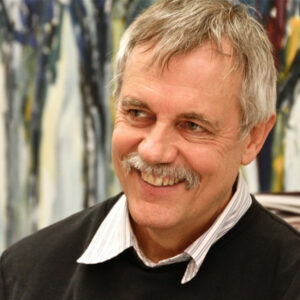
Dr. Rudolph Aebersold
Head of Department of Biology
Institute of Molecular System Biology ETH Zurich, Zurich, Switzerland
Lecture: SWATH-MS: Principles, current state and new developments
Prof. Ruedi Aebersold is one of the pioneers in the field of proteomics. He is known for developing a series of methods that have found wide application in analytical protein chemistry and proteomics like a new class of reagents termed Isotope Coded Affinity Tag (ICAT) reagents used in quantitative mass spectrometry. Prof. Dr. Aebersold and his team of researchers use the protein profiles determined by this method to differentiate cells in different states, such as noncancerous versus cancerous cells, and to systematically study how cells respond to external stimuli. These “snapshot” profiles indicate which cells contain abnormal levels of certain proteins. This is expected to lead to new diagnostic markers for disease and to a more complete understanding of the biochemical processes that control and constitute cell physiology.
Prof. Aebersold serves on the Scientific Advisory Committees of numerous academic and private sector research organizations and is a member of several editorial boards in the fields of protein science, genomics, and proteomics.
Prof. Aebersold is a native of Switzerland and obtained his Ph.D. in Cellular Biology at the Biocenter of the University of Basel in 1983. Since that time, he is a faculty member of the Universities of Washington and British Columbia, until 2000, when he co-founded the Institute for Systems Biology in Seattle. In 2004, he accepted a position as full professor at the Institute of Biotechnology at the Swiss Federal Institute of Technology (ETH) in Zurich, where in January 2005, his research group became the first integral part of the newly founded Institute of Molecular Systems Biology.
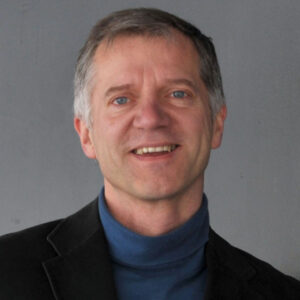
Dr. Matthias Mann
Director, Department of Proteomics and Signal Transduction
Max Planck Institute of Biochemistry, Munich, Germany
Lecture: High Resolution LC MS/MS for cell signaling and biomedical research
Dr. Matthias Mann, a scientist in the area of mass spectrometry and proteomics, is the inaugural recipient of the Barry L. Karger Medal in Bioanalytical Chemistry. Established by the Barnett Institute of Chemical & Biological Analysis at Northeastern University in honor of its founding director, the medal is a biennial award recognizing an individual who has significantly contributed to the development of new bioanalytical methods.
Born in Germany, Dr. Mann studied mathematics and physics at the University of Göttingen and obtained his Ph.D. in chemical engineering at Yale University. After a postdoctoral fellowship at the University of Southern Denmark in Odense he became group leader at the European Molecular Biology Laboratory (EMBL) in Heidelberg. Later he went back to Odense as a professor of bioinformatics and in 2005 took up a director position at the Max Planck Institute of Biochemistry in Munich. Additionally, Dr. Mann was appointed the director of the proteomics department of the Novo Nordisk Foundation Center for Protein Research in Copenhagen.